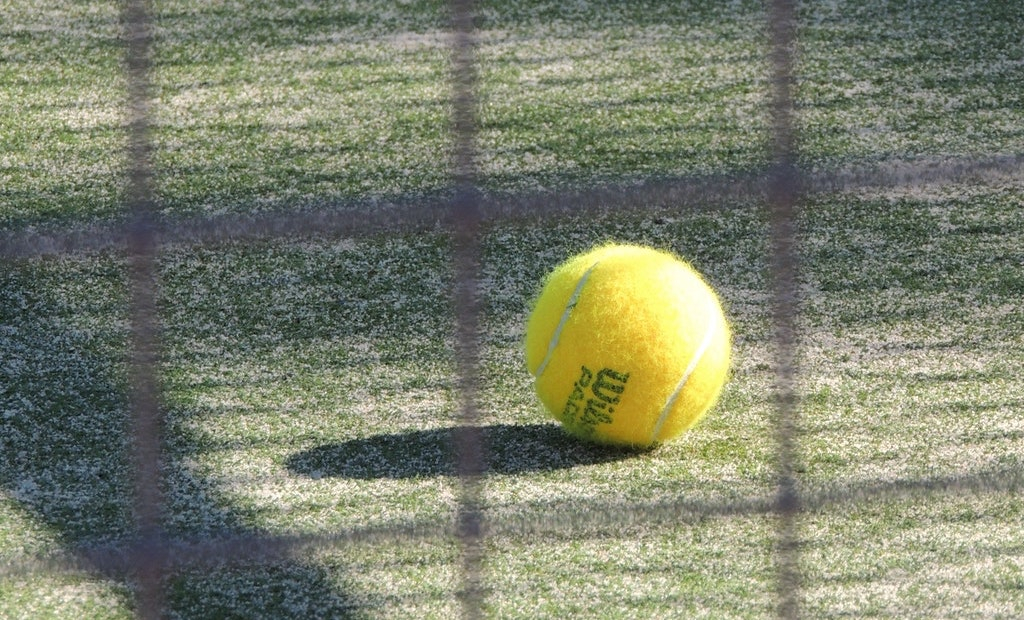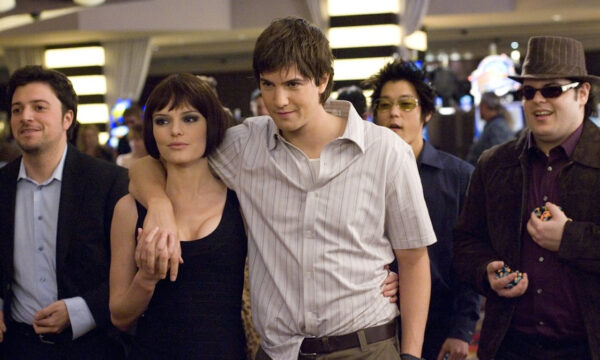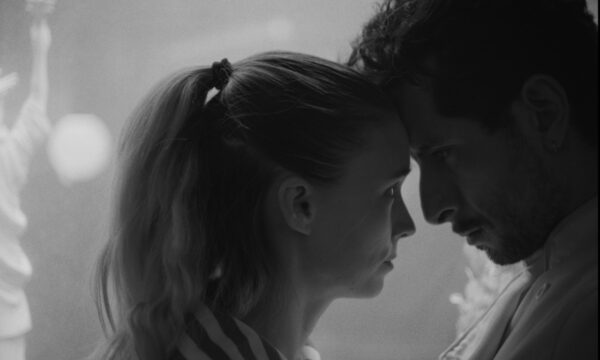Murray avenges Wimbledon defeat with Olympic gold

In golf it’s known as a mulligan – the chance to replay a disappointing shot without being penalised on the scorecard. Whilst only used in casual games (for obvious reasons), there’s not a sportsperson alive who hasn’t wanted to take a mulligan at some stage of their career: a chance to replay that penalty that hit the crossbar, or that conversion that sailed wide, or, in the case of Andy Murray, that Wimbledon final against Roger Federer.
Fortunately for the Scot he had to wait just one month for his opportunity to play against the same opponent in the same venue where he was just two sets away from being the first Brit since Fred Perry to win a Wimbledon final.
Murray’s appearance in the final also offered team GB its first opportunity at a medal in the tennis since the sport was discontinued at the Olympics in 1924; after its reintroduction some 60 years later, Britain’s only medallists have been Tim Henman and Neil Broad, who took silver at Atlanta in 1996.
The Scot was also chasing his first Olympic medal after being ejected in just the second round in 2008, while Federer was after his second gold, having won the men’s doubles for Switzerland in Beijing.
The match started as expected, as both men held serve in during the first four games, with Murray saving two break points in the opening game. In the fifth game however the Scot began to take command, first winning his service game before forcing errors to break Federer. The pattern repeated itself as Murray took the next two games and the first set 6-2; the 25-year-old had also taken the first set the last time these two men met, but no one had anticipated that he would do the same quite so comfortably the second time around.
If the ease with which Murray took the first set surprised most of the capacity crowd at centre court, no one was quite prepared for what would happen in the second: Federer, who seemed visibly shaken after losing four games in a row, would not win another game for the best part of an hour as his opponent stormed to a commanding 5-0 lead. After finally holding serve to claim his first game in ten attempts, the Swiss couldn’t stop Murray serving out to take the second set 6-1.
The most telling statistic at this point wasn’t unforced errors, percentage of first serves in or even total winners, on which both players were roughly equal; instead it was the stat relating to break points, of which Murray had converted two out of three opportunities, while Federer had failed to win none of his seven. The seven-times Wimbledon champion simply couldn’t make key opportunities count, and his lack of cutting edge seemed to be affecting his mental state as he continuously chastised himself under his breath for hitting unforced errors.
As in the first set, both men held serve across the first four games of the third, but Murray’s sheer grit and determination began to take effect once again; the shots which, in last month’s final, had sailed long or into the top of the net were now catching the back edge of the line, and Federer simply couldn’t match his opponent’s movement and power. The break came once again in the fifth game, and it wasn’t long before Murray once again led 4-2.
With two break points in the seventh, the Scot had two virtual match points, but Federer held his nerve to keep his ever-diminishing foothold in the final. Murray wrapped up the next game, however, and at 5-3 he had won 16 straight points on his serve. Federer promptly responded by serving out to love, but his opponent could sense victory, and after taking a 30-15 lead, the Scot served up two huge aces to claim gold.
“It’s amazing. I didn’t expect that,” said Murray. “I was a bit tired after Wimbledon but I felt so fresh on the court today. I didn’t feel nervous or anything on the court today. I’ve had a lot of tough losses in my career but this was the best way to come back from the Wimbledon final. I will never forget it.”
Meanwhile, on Court 1, Juan Martin Del Potro defeated world number one Novak Djokovic in straight sets, 7-5 6-4, to claim bronze, and Argentina’s first medal of the Olympics.
Theo Chiles, Olympics correspondent























Facebook
Twitter
Instagram
YouTube
RSS